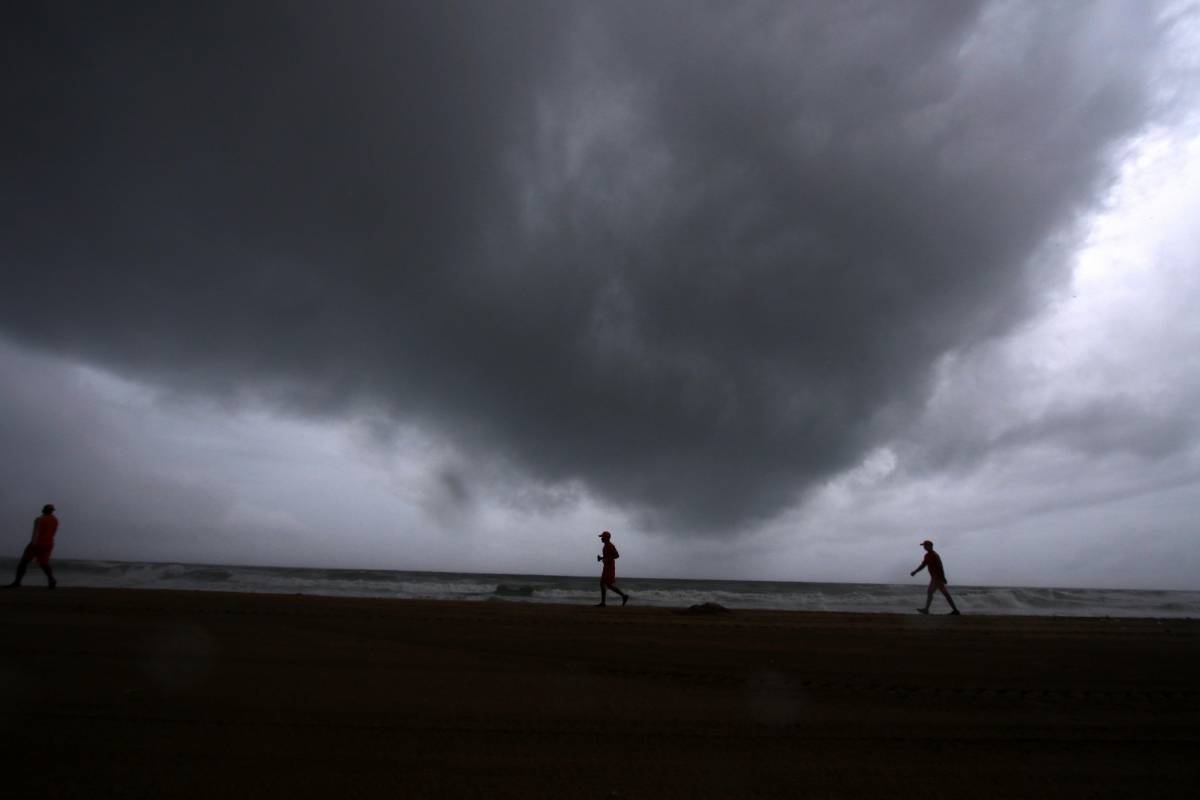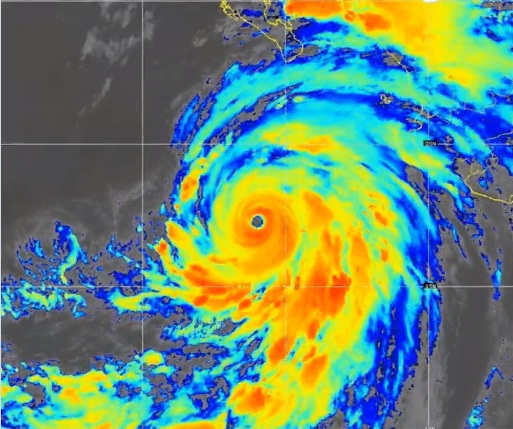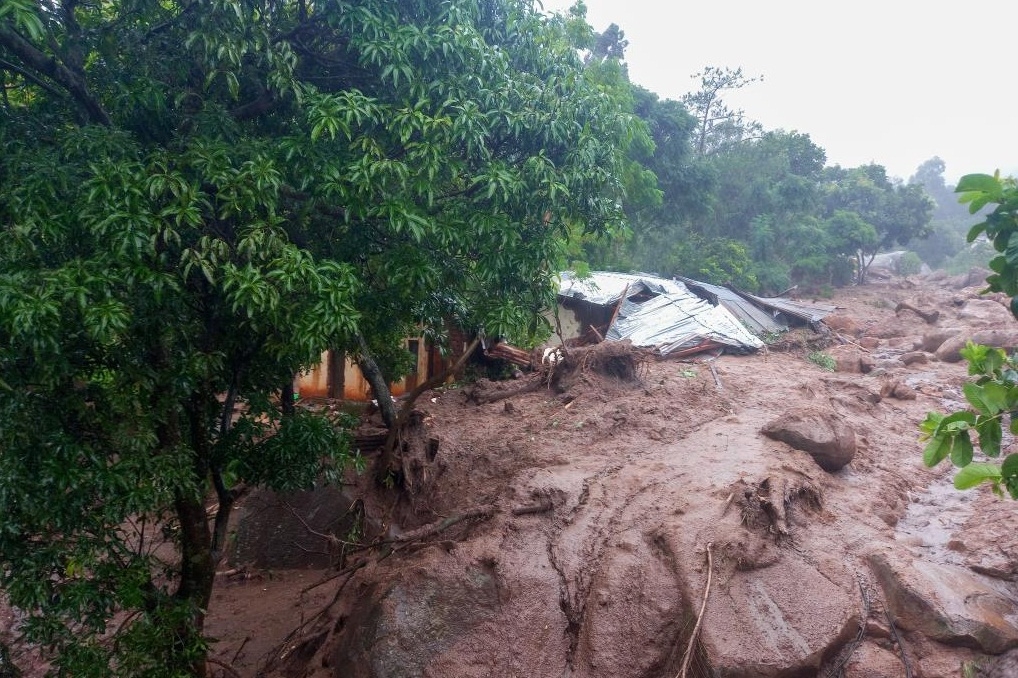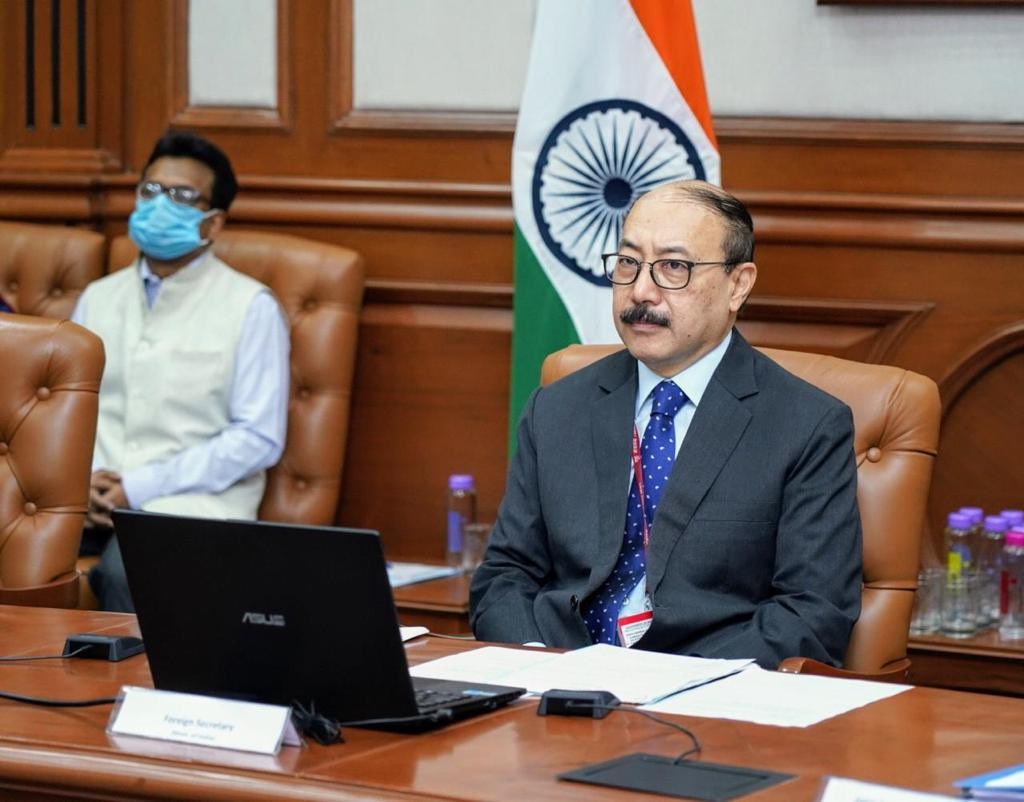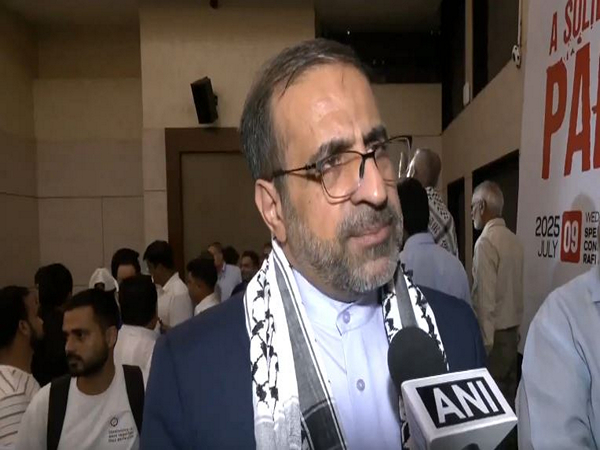The findings revealed the possible linkage of La Nina years with increased severity of tropical cyclones…reports Asian Lite News
Reporting an increased amount of water vapor content in the troposphere, a new study by Indian scientists has reiterated that the intensity of severe cyclonic storms in the North Indian Ocean region has shown an increasing trend in the past four decades.
The scientists studied the role and influence of critical atmospheric parameters in large-scale environmental flow and El Nino-Southern Oscillation (ENSO) on tropical cyclone activity in the North Indian Ocean and investigated the role of additional parameters such as water vapor and zonal sea level pressure gradients.
The findings revealed the possible linkage of La Nina years with increased severity of tropical cyclones.
“The study reported an increased amount of water vapor content in the troposphere, at 1.93 times during the past 38 years as compared to the base year 1979,” a release from the Ministry of Science and Technology said on Thursday.
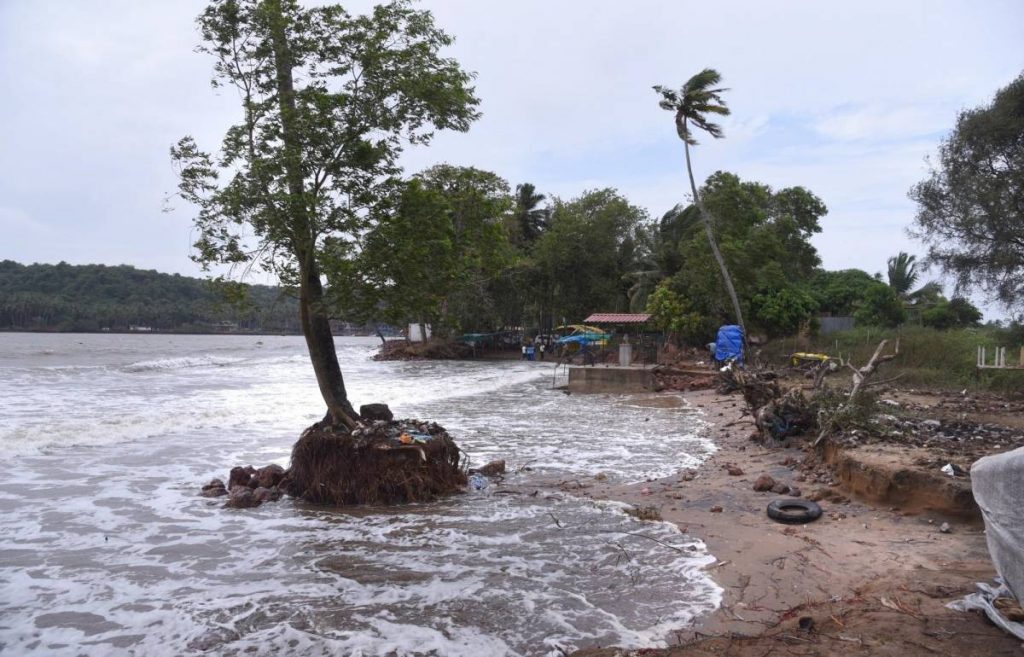
During the past two decades (2000-2020), the La Nina years experienced almost double the number of intense cyclones compared to the El Nino years.
Besides, during the La Nina years, the positional shifts in average cyclogenesis of intense cyclones in Bay of Bengal have been analogous with the observations for the Western North Pacific Ocean basin.
According to meteorologists, El Nino, Spanish for “boy child” (because of the tendency of the phenomenon to arrive around Christmas), is an abnormal warming of water in the Equatorial Pacific Ocean every three to five years and can last up to 18 months.
Severe cases of El Nino, as in 1997/98, are responsible for drought, flooding, as well as areas of formation for tropical cyclones and severe winter storms.
La Nina means “the little girl”, the opposite of El Nino, and refers to the abnormal cooling of ocean temperatures in the same Pacific region.
The increasing intensity of severe cyclonic storms with major socioeconomic implications is due to atmospheric parameters like higher relative humidity, especially at mid-atmospheric level, weak vertical wind shear as well as warm sea surface temperature (SST). This indicates the role of global warming in bringing about this increasing trend, the statement said.
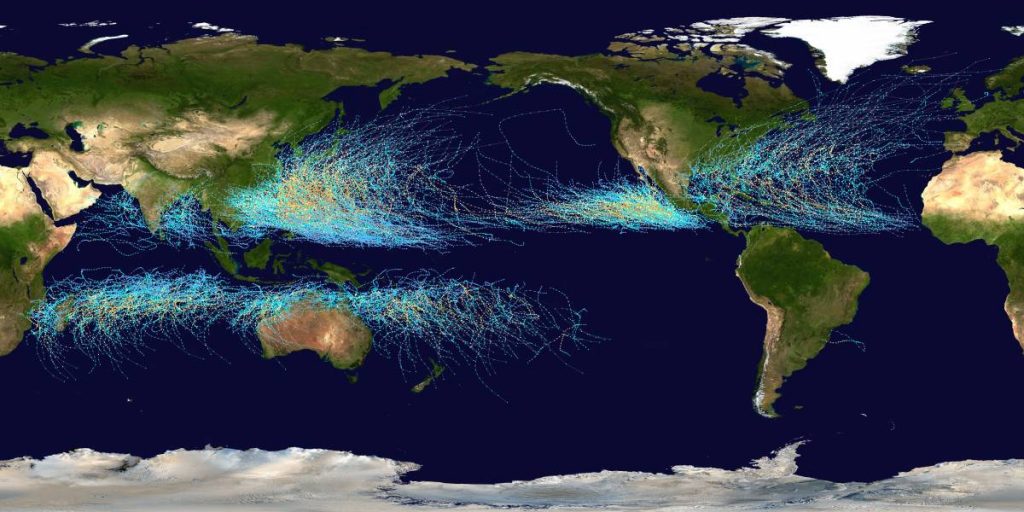
The impact of global warming due to climate change and its effect on extreme weather events such as frequency and high-intensity tropical cyclones formed over global ocean basins is a matter of concern.
High-intensity cyclones have become more frequent in the North Indian Ocean, causing significant risk and vulnerability to the coastal regions.
The scientists’ team included IIT Kharagpur’s Jiya Albert, Athira Krishnan and Prasad K. Bhaskaran, who worked jointly with the Centre for Disaster Mitigation and Management, K.S. Singh from the Vellore Institute of Technology, and the Department of Science & Technology, Government of India, under the Climate Change Programme (CCP).
The study was recently published in the journal ‘Climate Dynamics’.

